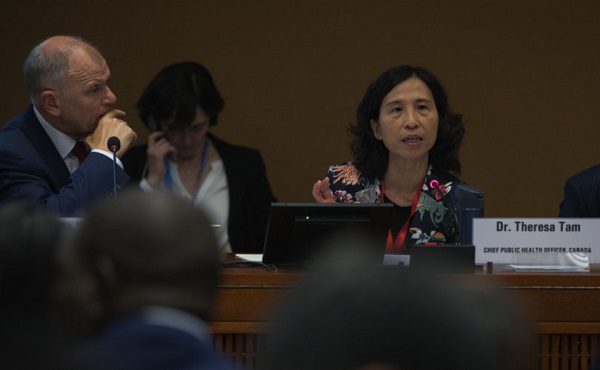2025 Federal Election
Columnist warns Carney Liberals will consider a home equity tax on primary residences

From LifeSiteNews
The Liberals paid a group called Generation Squeeze, led by activist Paul Kershaw, to study how the government could tap into Canadians’ home equity — including their primary residences.
Winnipeg Sun Columnist Kevin Klein is sounding the alarm there is substantial evidence the Carney Liberal Party is considering implementing a home equity tax on Canadians’ primary residences as a potential huge source of funds to bring down the massive national debt their spending created.
Klein wrote in his April 23 column and stated in his accompanying video presentation:
The Canada Mortgage and Housing Corporation (CMHC) — a federal Crown corporation — has investigated the possibility of a home equity tax on more than one occasion, using taxpayer dollars to fund that research. This was not backroom speculation. It was real, documented work.
The Liberals paid a group called Generation Squeeze, led by activist Paul Kershaw, to study how the government could tap into Canadians’ home equity — including their primary residences.
Kershaw, by the way, believes homeowners are “lottery winners” who didn’t earn their wealth but lucked into it. That’s the ideology being advanced to the highest levels of government.
It didn’t stop there. These proposals were presented directly to federal cabinet ministers. That’s on record, and most of those same ministers are now part of Mark Carney’s team as he positions himself as the Liberals’ next leader.
Watch below Klein’s 7-minute, impassionate warning to Canadians about this looming major new tax should the Liberals win Monday’s election.
Klein further adds:
The total home equity held by Canadians is over $4.7 trillion. It’s the largest pool of private wealth in the country. For millions of Canadians — especially baby boomers — it’s the only retirement fund they have. They don’t have big pensions. They have a paid-off house and a hope that it will carry them through their later years. Yet, that’s what Ottawa has quietly been circling.
The Canadian Taxpayer’s Federation has researched this issue and published a report on the alarming amount of new taxation a homeowner equity tax could cost Canadians who sell their homes that have increased in value over the years they have lived in it. It is a shocker!
A Google search on the question, “what is a home equity tax?” returns the response:
A home equity tax, simply put, it’s a proposed levy on the increased value of your home, specifically, on your principal residence. The idea is for Government to raise money by taxing wealth accumulation from rising property values.
The Canadian Taxpayers Federation has provided a Home Equity Tax Calculator Backgrounder to help Canadians understand what the impact of three different types of Home Equity Tax Calculators would have on home owners. The required tax payment resulting from all three is a shocker.
Keep in mind that World Economic Forum policies intend to eventually eliminate all private home ownership and have the state own and control not only all residences, but also eliminate car ownership, and control when and where you may live and travel.
Carney, Trudeau and several other members of the Liberal government in key positions are heavily connected to the WEF.
2025 Federal Election
Carney says Liberals won’t make voting pact with NDP

From LifeSiteNews
Mark Carney says unlike his predecessor Justin Trudeau, the Liberals will not be making a voting pact with the left-wing New Democratic Party.
Prime Minister Mark Carney has said that his Liberal Party, which formed a minority government last week, will not be forming a voting pact with the far-left New Democratic Party.
Speaking to reporters last week, Carney replied “no” when asked by a reporter if he would be “pursuing a formal governing pact of any kind with the NDP.”
The reporter followed up asking, “Why not?” to which Carney replied, “Why?” adding, “That’s my answer.”
Last week’s election saw Liberal leader Carney beat out Conservative rival Pierre Poilievre, who also lost his seat to a Liberal rival. Poilievre’s riding was unusual in that it had 90 candidates named on the ballot, making the voting list in that riding incredibly long.
The Conservatives managed to pick up over 20 new seats, and Poilievre has vowed to stay on as party leader, for now, and will soon run in a by-election to try and regain his seat.
As it stands now, the unofficial results show the Liberals at 169 seats, which is four short of a majority. The Conservatives have 144 seats, the Bloc Québécois have 22 seats, the NDP has 7 and the Green Party has one.
In 2022, while also leading a Liberal minority government, former Prime Minister Justin Trudeau concocted a Supply And Confidence Agreement with former NDP leader Jagmeet Singh. Under the agreement, the NDP would protect the Liberals from being ousted via a vote of non-confidence in exchange for the Liberals supporting certain NDP-led legislation.
Carney’s insistence that he will not make such an agreement means it remains to be seen how his government will garner the votes necessary to pass legislation.
2025 Federal Election
Mark Carney vows to ‘deepen’ Canada’s ties with the world, usher in ‘new economy’

From LifeSiteNews
Newly elected Prime Minister Mark Carney used his first post-election press conference to announce his government’s plan to launch a “new economy” in Canada that will involve “deepening” ties to the world.
During the Friday morning press conference, Carney explained his vision for Canada, alleging that the nation is “in a once in a lifetime crisis” and that it is “time to come together, to put on our Team Canada [hockey] sweaters, and win big.”
Part of this plan, said Carney, is to unveil a “new Canadian economy” that will present the biggest shift since the end of the Second World War.
Carney said that his Liberal government would build houses with “smaller environmental footprints” and would “trust science.”
After his prepared remarks, the majority of the media questions involved Canada’s relationship with U.S. President Donald Trump and the ongoing tariff dispute.
Despite Carney’s globalist, left-wing political viewpoint, Trump reacted to the Liberals election victory by calling the prime minister a “nice gentleman” who “hated” him less than Conservative leader Pierre Poilievre.
Carney also said in the presser that his new cabinet will be sworn in on May 12.
Monday’s election saw Liberal leader Carney beat out Conservative rival Pierre Poilievre, who also lost his seat. The Conservatives managed to pick up over 20 new seats, however, and Poilievre has vowed to stay on as party leader, for now.
Carney has worked as the former governor of the Bank of Canada and Bank of England and spent many years promoting green financial agendas.
Many political pundits have said that Carney owes his win to Trump and the president’s tariff threats and 51st state rhetoric.
The re-election of the Liberals for the fourth consecutive term has also seemed to bolster separatist sentiment in Western Canada, a region which votes overwhelming for the Conservative Party but because of its smaller population, often remains at the mercy of those in eastern Canada when it comes to electing federal leaders.
Just one day after Carne’y election, Alberta Premier Danielle Smith said that her province could soon consider taking serious steps toward greater autonomy. Smith also introduced a bill that would make calling referendums, including ones related to Albertan independence from Canada, easier to call.
Under Carney, the Liberals are expected to continue much of what they did under Trudeau, including the party’s zealous push in favor of abortion, euthanasia, radical gender ideology, internet regulation and so-called “climate change” policies. Indeed, Carney, like Trudeau, seems to have extensive ties to both China and the globalist World Economic Forum, connections which were brought up routinely by conservatives in the lead-up to the election.
-
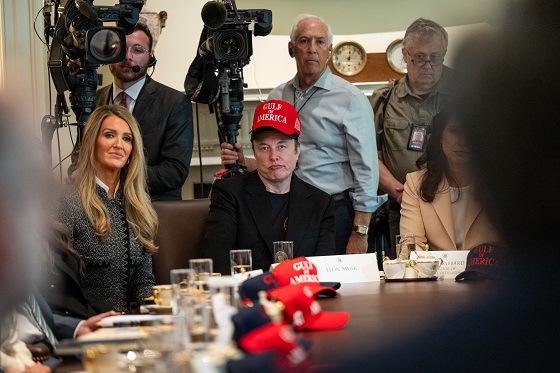
 Business2 days ago
Business2 days agoPoll: Democrats want Elon Musk jailed for trying to fix Washington
-
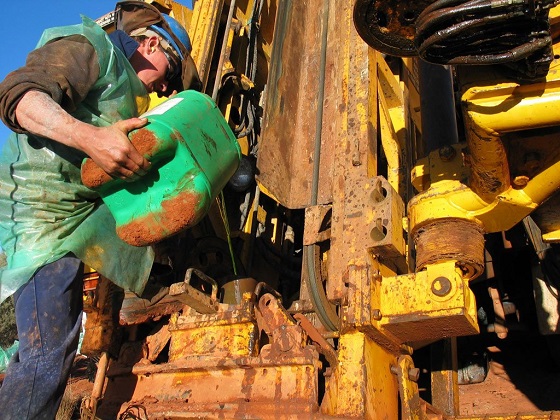
 Energy2 days ago
Energy2 days agoCanada’s natural gas is ready to fill the gap as U.S. shale output falters
-
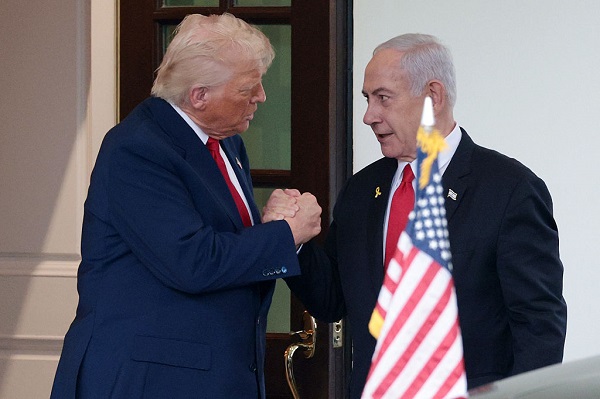
 International2 days ago
International2 days agoTrump, Netanyahu reportedly at odds ahead of Middle East visit
-
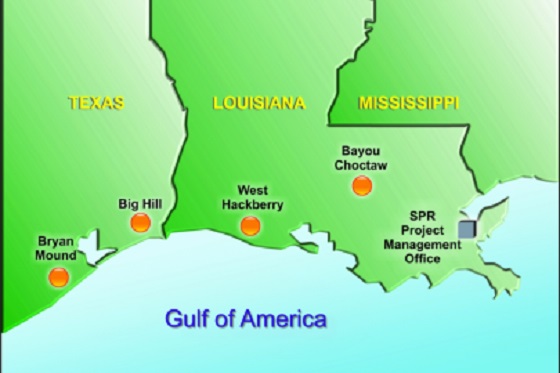
 Daily Caller2 days ago
Daily Caller2 days agoUS Energy Secretary Chris Wright Has To Clean Up Joe Biden’s Mess and refill the Strategic Petroleum Reserve
-
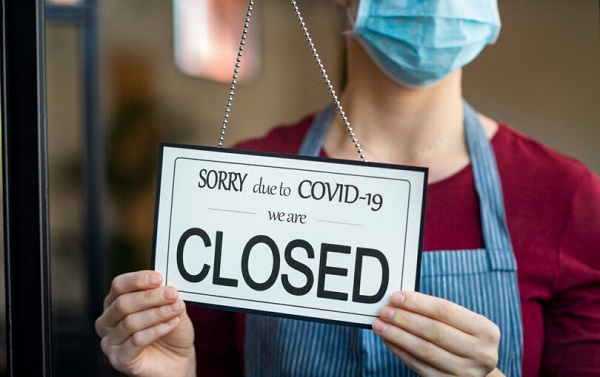
 COVID-192 days ago
COVID-192 days agoVaccines: Assessing Canada’s COVID Response
-
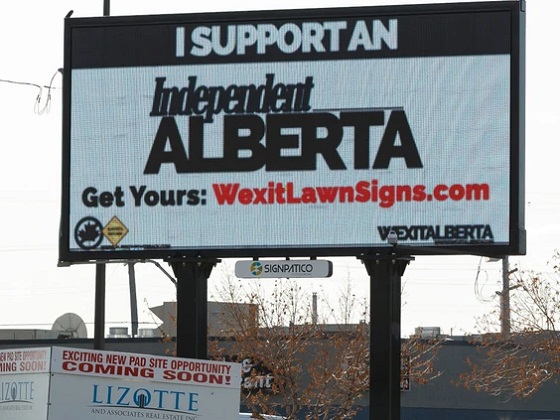
 Alberta11 hours ago
Alberta11 hours agoIt’s not just Alberta flirting with western separatism now
-
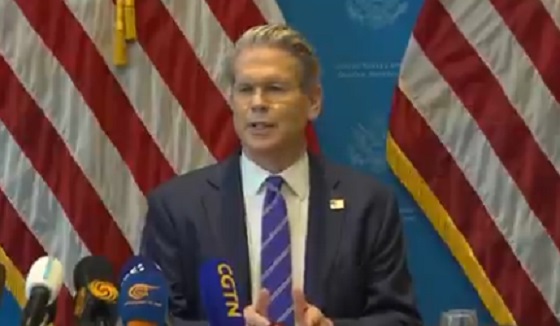
 Business15 hours ago
Business15 hours agoU.S., China agree to 90-day tariff reduction after negotiations
-
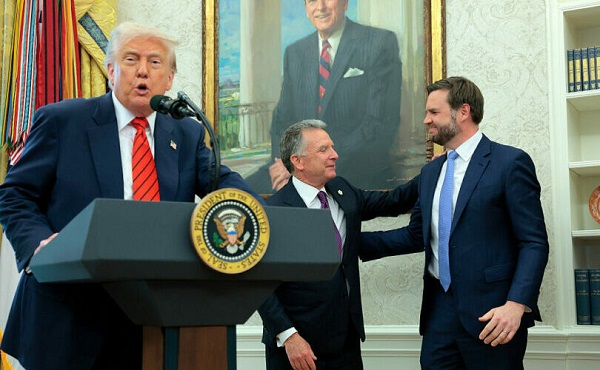
 International11 hours ago
International11 hours agoTrump envoy Steve Witkoff calls out neocons pushing for war with Iran

